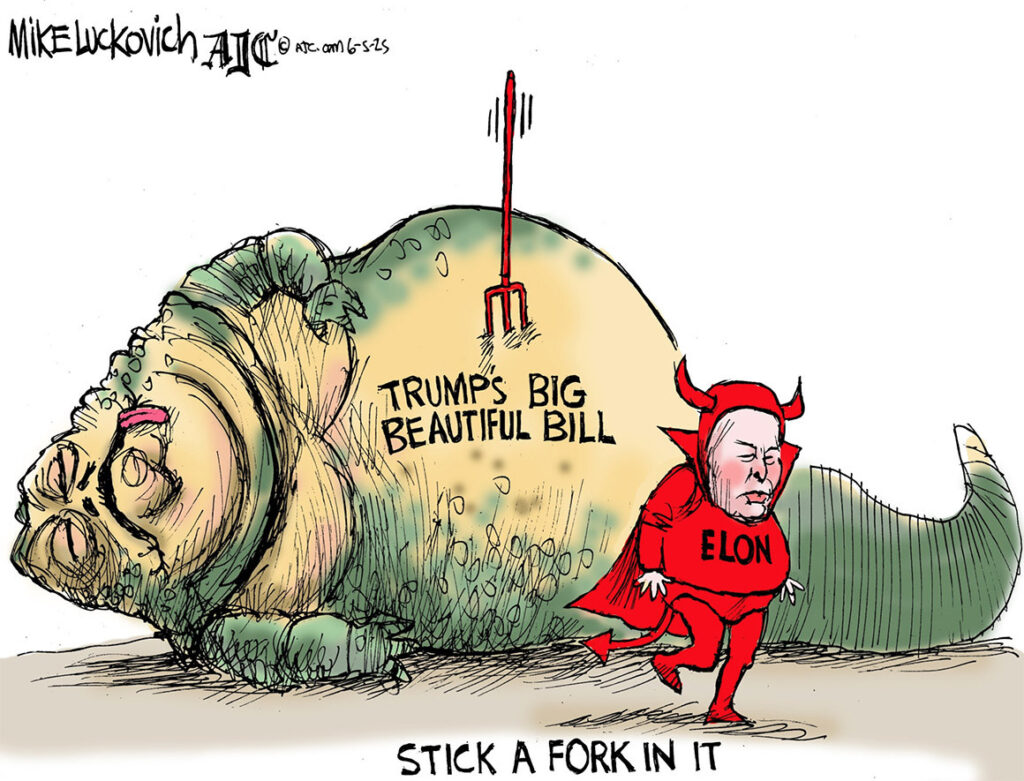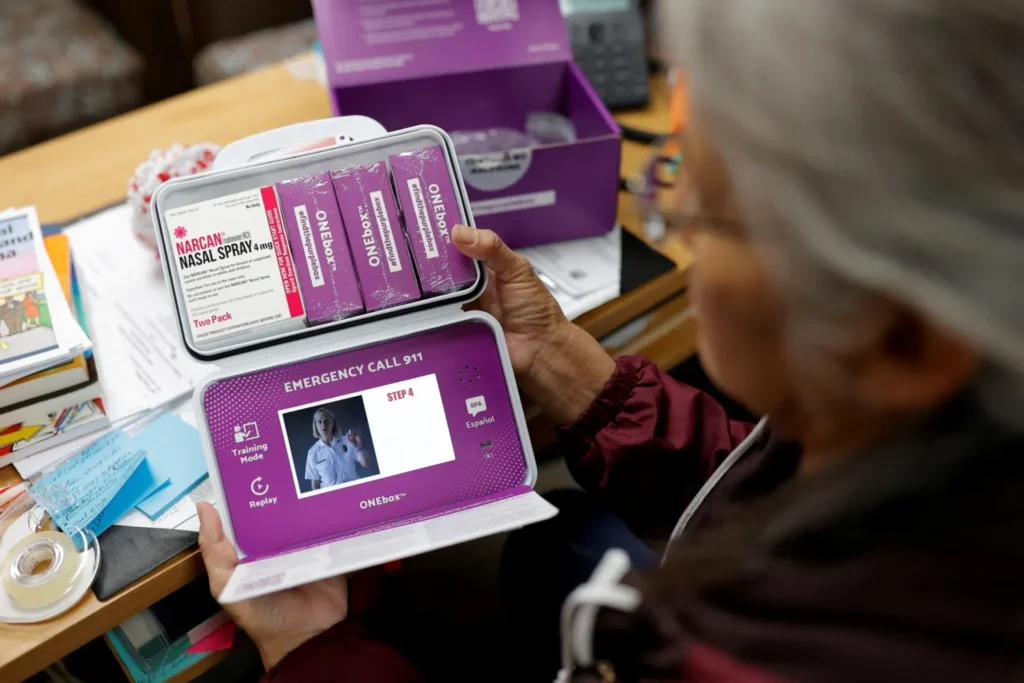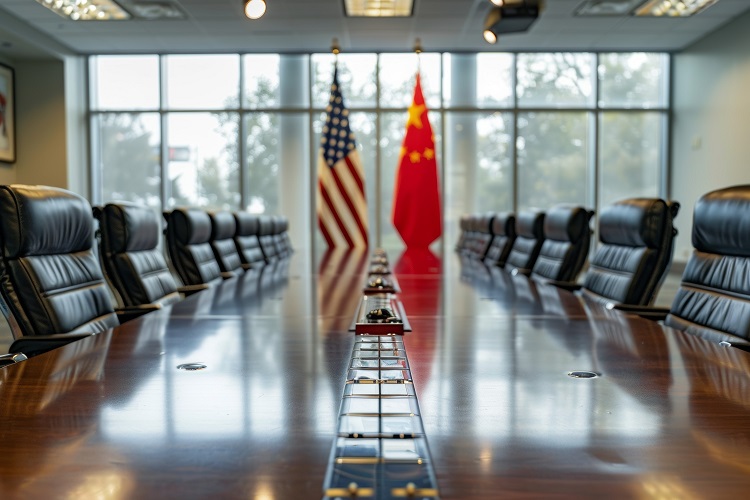Gaza Needs an International Peacekeeping Force Now

Gaza Needs an International Peacekeeping Force Now
A multinational peacekeeping force will be severely tested by the current conditions in Gaza.
AI is not Africa’s savior: Avoiding technosolutionism in digital development

The inaugural Global AI Summit in Africa, hosted by Rwanda, produced the Africa Declaration on Artificial Intelligence, uniting most African Union members around shared AI goals. Despite this milestone, geopolitical tensions, regional divides, and overhyped “techno-solutionist” visions threaten realistic progress. Experts stress the need for locally driven, infrastructure-focused, and context-appropriate AI development aligned with African priorities rather than external commercial interests.
Taiwan’s recall vote: Implications for Taiwan, China, and the United States

Taiwan’s recent recall vote against opposition KMT lawmakers failed, allowing all targeted legislators to keep their seats and signaling public rejection of accusations they were acting on Beijing’s behalf. The result preserves Taiwan’s divided government, a scenario Beijing prefers as it reduces the risk of moves toward independence. Washington stayed silent, but the outcome could either stall Taiwan’s defense initiatives or shift politics toward a calmer, future-oriented debate. How Beijing interprets the result—and how President Trump responds—will shape cross-Strait dynamics in the years ahead.
Trump’s Economic Lie of the Week: Japan Trade Deal

Trump falsely claimed Japan handed him control of a $550 billion fund, with the U.S. keeping 90% of profits a ridiculous lie, as Japan would never pay such a sum to avoid minor trade disruptions. Plus, Trump’s promises are worthless, as he could break any deal at will, making the entire claim absurd.
Cartoons about politics, economy, war.

source: Chappatte
Immigration Policy The Week in Cartoons July 21-25

source: U.S. News
The nation’s cartoonists on the week in politics

source: POLITICO
The Misunderstood Gains of Modern America

The myth of American decline since the 1970s ignores measurable progress: real wages rose 40% since 1990, and cancer mortality dropped by a third due to medical advances. While challenges exist, innovations in economics and healthcare defy the “stagnation” narrative.
Progress under threat: The future of overdose prevention in the United States

Overdose deaths in the United States fell by nearly 25% from 2023 to 2024. While this decrease may point to the effectiveness of recent reforms, such as expanded access to naloxone, methadone, and buprenorphine, the work is far from done.
Despite overall decreases, overdose death rates are not equal across demographic groups, revealing the need for targeted public health responses.
The potential loss of Medicaid coverage and cuts to addiction-related grant programs would devastate treatment access, particularly for low-income individuals and in rural areas.
Trump’s immigration policies may threaten American AI leadership

Ahead of the 2024 election, President Trump said he would support high-skilled immigration, in part to support American leadership in AI.
However, the administration has targeted and imposed new barriers on international students, many of whom pursue studies in AI-related fields.
At the same time, other countries have created policies to attract talent, posing a threat to U.S. technological innovation and leadership.
Trump’s “Sheriffs” Can’t Keep the Peace with China

Trump’s foreign policy echoes Nixon’s doctrine of delegating regional security to allies (like Israel in the Middle East) to reduce U.S. burdens. While this approach shows promise in the Middle East and Europe, it faces hurdles: loss of control over proxies, continued U.S. involvement needs, and outright failure in Asia—where China’s military dominance makes allied self-reliance impossible.
Why AI Could Be a Productivity Dynamo

economic fads or foundational breakthroughs. Drawing on economic theory, historical precedent, and early productivity studies, the authors ask: Is GenAI a light bulb, a dynamo, or a microscope?
